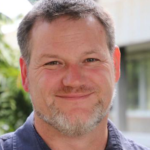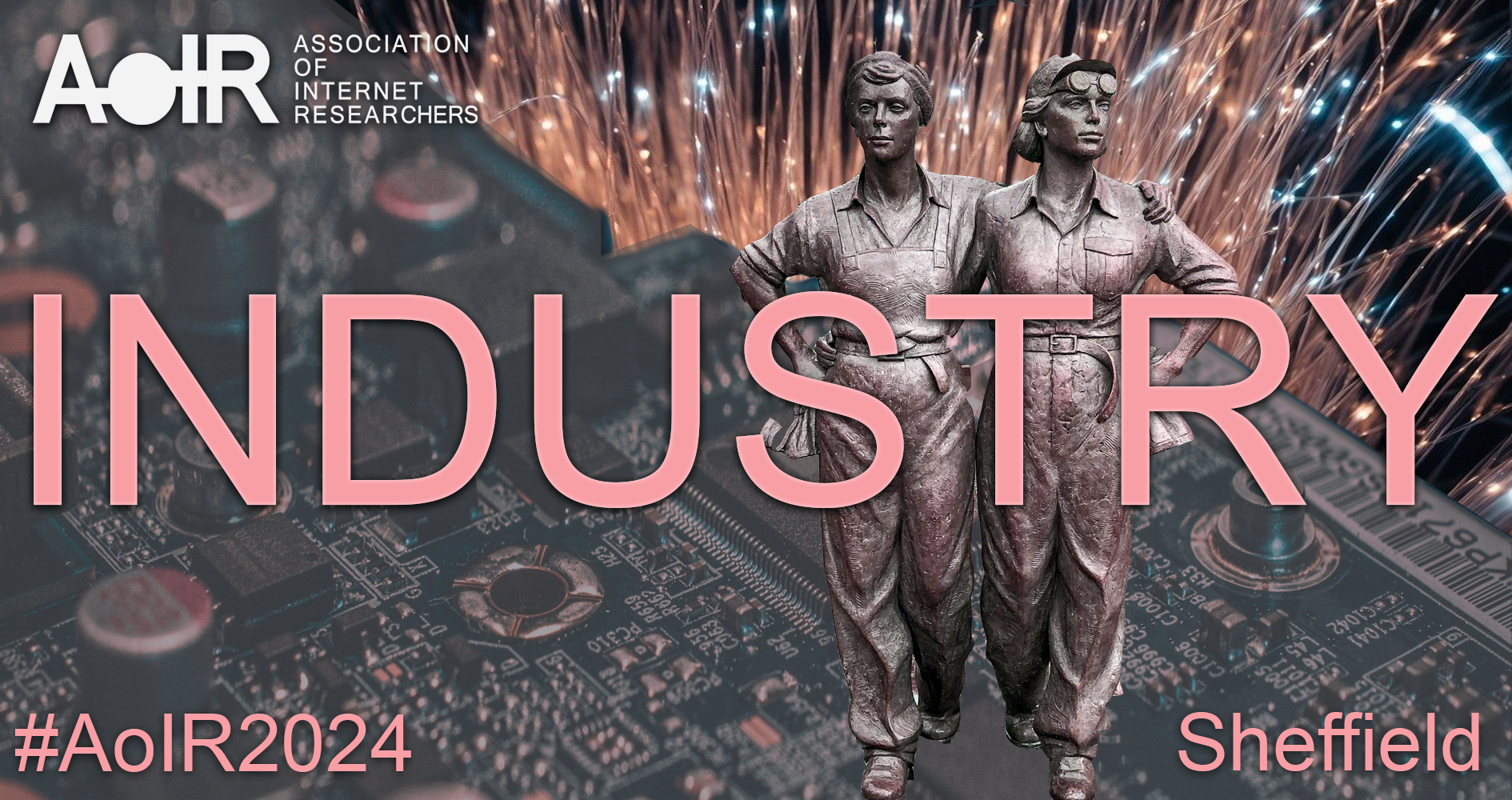2019-2021 EXECUTIVE COMMITTEE
 President: Lynn Schofield Clark
President: Lynn Schofield Clark
Lynn Schofield Clark (PhD U of Colorado) is Professor, Chair, and Director of the Estlow Center for Journalism and New Media in the Department of Media, Film, and Journalism Studies at the University of Denver. She has been involved in AoIR for more than a decade and served as Conference Host for AoIR 2013 in Denver. She is a participatory action researcher who works with U.S. young people of color, studying the practices of political newcomers as they use, share, and engage with news and political processes via social media, considering the implications of these practices for public life. She is the author (with Regina Marchi) of Young People and the Future of News (2017, Cambridge U Press), and is also author of The Parent App: Understanding Families in a Digital Age (2013, Oxford U Press) and From Angels to Aliens: Teenagers, the Media, and the Supernatural (2005, Oxford U Press), in addition to other publications.

Immediate Past President: Axel Bruns
Dr Axel Bruns is an Australian Research Council Future Fellow and Professor in the Digital Media Research Centre at Queensland University of Technology in Brisbane, Australia. He is the author of Blogs, Wikipedia, Second Life and Beyond: From Production to Produsage (2008) and Gatewatching: Collaborative Online News Production (2005), and a co-editor of the Routledge Companion to Social Media and Politics (2016), Twitter and Society (2014), A Companion to New Media Dynamics (2012) and Uses of Blogs (2006). His current work focusses on the study of user participation in social media spaces such as Twitter, and its implications for our understanding of the contemporary public sphere, drawing especially on innovative new methods for analysing ‘big social data’. His research blog is at http://snurb.info/, and he tweets at @snurb_dot_info. See http://mappingonlinepublics.
Treasurer: Kelly Quinn
Kelly Quinn is a Clinical Assistant Professor and Coordinator of Graduate Student Instructors in the Department of Communication at the University of Illinois at Chicago. Her work focuses on new media and how these intersect with aging, social capital, friendship and privacy. Her current research centers on the cognitive and social impacts of social media use for older adults. She has been published in Information, Communication & Society, the Journal of Broadcast and Electronic Media, and the International Journal of Emerging Technologies and Society, as well as several edited volumes. She has been a member of AoIR since 2007, served as the Graduate Student Representative 2011-2013, Open seat representative in 2013-2015, and elected Treasurer in 2015.
Kat Tiidenberg, PhD is an Associate Professor of Social Media and Visual Culture at the Baltic Film, Media, Arts and Communication School of Tallinn University, Estonia and a post-doctoral researcher at Aarhus University, Denmark. She is the author of Selfies, why we love (and hate) them (2018), and Body and Soul on the Internet – making sense of social media (2017, in Estonian), and a co-editor of “In Search of …”New Methodological Approaches to Youth Research (2015). Tiidenberg is a founding member of the Estonian Young Academy of Sciences, second time board member of the Estonian Sociology Association, and a long time member of the Association of Internet Researcher’s Ethics Committee. She is currently writing and publishing on socially mediated visual culture, digital research ethics and visual research methods. Her research interests include visual self-presentation, sexuality, and normative ideologies as mediated through social media practices. More info at: kkatot.tumblr.com
 Graduate Student Representative: Zoe Glatt
Graduate Student Representative: Zoe Glatt
Zoë Glatt is a PhD Researcher in the Department of Media and Communications at the London School of Economics (LSE). Her main areas of research revolve around Internet culture, labour, creative industries, online video and screen cultures, social media, digital ethnographic methods, and the political economy of media and communications. For her PhD she is exploring what is new or different about creative labour that is native to the multi-platform environment of the Internet by carrying out ethnographic research with aspiring and professional YouTube content creators within the flourishing online video industry. This research involves conducting two years of fieldwork offline at industry events and online across platforms, interviews with content creators, and autoethnographic research in the form of becoming a YouTuber herself. Additionally, she is the Managing Editor of the ICA journal Communication, Culture & Critique, Co-Founder of the LSE Digital Ethnography Collective, and Associate Lecturer in Media and Communications at Goldsmiths University and the London College of Communication. Zoë’s research has featured in Wired, The Guardian, The Washington Post, The Telegraph, BBC 5 Live radio, Vice, GQ, The Sun, Esquire, FFWD Medium, ITV News and TenEighty Magazine. More info at: www.zoeglatt.com
Dr Crystal Abidin is a socio-cultural anthropologist of vernacular internet cultures, particularly young people’s relationships with internet celebrity, self-curation, and vulnerability. She is Associate Professor of Internet Studies & ARC DECRA Fellow at Curtin University, Programme Lead of Social Media Pop Cultures at the Centre for Culture and Technology, and Founder of the TikTok Cultures Research Network. Her books include Internet Celebrity: Understanding Fame Online (2018), Microcelebrity Around the Globe: Approaches to Cultures of Internet Fame (co-editor Brown, 2018), Instagram: Visual Social Media Cultures (co-authors Leaver & Highfield, 2020), Mediated Interfaces: The Body on Social Media (co-editors Warfield & Cambre 2020), tumblr (co-authors Tiidenberg & Hendry, 2021), and TikTok and Youth Cultures (2022). Reach her at wishcrys.com.
Erika Pearson is a Senior Lecturer in communication at Massey University Wellington, NZ. Her research explores social issues at the intersection of emerging technologies and everyday life, and covers issues of community formation and disintegration, social capital and social ties, trust, and more recently issues of surveillance as communication technologies and technologies of control become interwoven and invisible in everyday life. She has been a part of AoIR since the IR3 conference, and was the conference chair of IR15.






